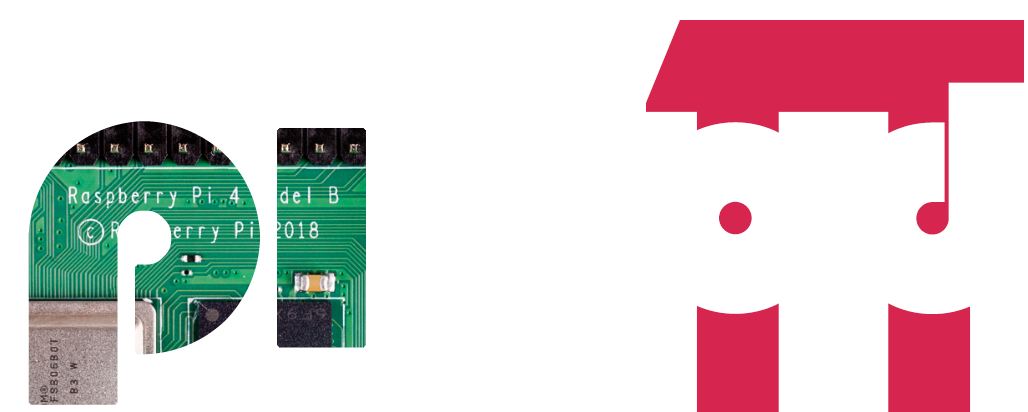
According to Kano, the first 18,000 units of their Pi-powered computing platform for kids have shipped. According to a report on TechCrunch.com by Natasha Lomas, around 1,000 units have already landed with the rest due shortly. (Not terribly sure if that means all 18,000 have actually shipped or not… kind of confusing… but anyway!)
The piece on TechCrunch is really interesting. It’s a well-balanced report, alternating between quotes from Kano’s Alex Klein with personal review-style comments from Lomas. Well worth a read if you’re still unsure what Kano brings to the party. It seems like it’s well put-together and child-friendly and the software is apparently first rate, albeit with slight performance issues caused by the Pi’s underlying technology. Kano OS in particular, with it’s big icons and soft finish, seems to be a winner with Lomas. Some of the software, like Kano Blocks, is criticised a little for being “highly micro-managed at points” but on the whole Lomas appears to like the efforts gone to make the user interface more friendly and productive. The keyboard that comes with the kit is apparently “sturdy” though a bit small for adults to use, which isn’t a surprise given the target market.
Read the full article at TechCrunch here. You can read more about Kano on their website here.
Opinion
In my opinion, Kano has pros and cons. You can’t deny that they have gone to great lengths to make the Pi more child-friendly by creating Kano OS and Kano Blocks and, from reports I’ve read and opinions I’ve canvassed, this broadly appears to have been a success. I still worry that perhaps Kano makes things ‘too easy’, but then again in this world where schools are using iPads and calling it ‘learning’, perhaps something in-between is needed to draw kids in and smooth the rough edges that the Pi has. In any case, I applaud Kano for getting more Raspberry Pis out there – it can only be a good thing – and I hope they continue to develop their product into a solid platform for learning. Winning over their detractors is still going to take some work, and I hope that they engage with the community a lot more closely in the coming months and years so we can all work together to show kids that learning with the Pi can be fun and educational. Their forthcoming Raspberry Jam on 8th November will hopefully be a great start to this much-needed community engagement. In an ideal world, we should set aside the differences in approach and concentrate on what is important: the Pi in education teaching the next generation of programmers how to get started.
